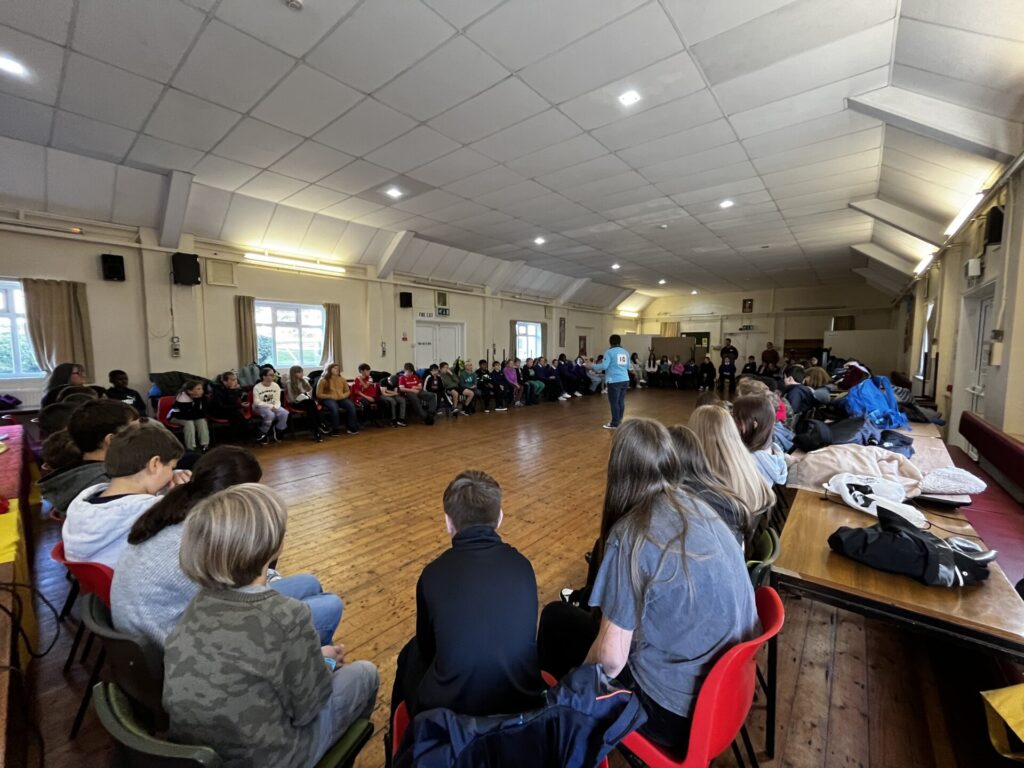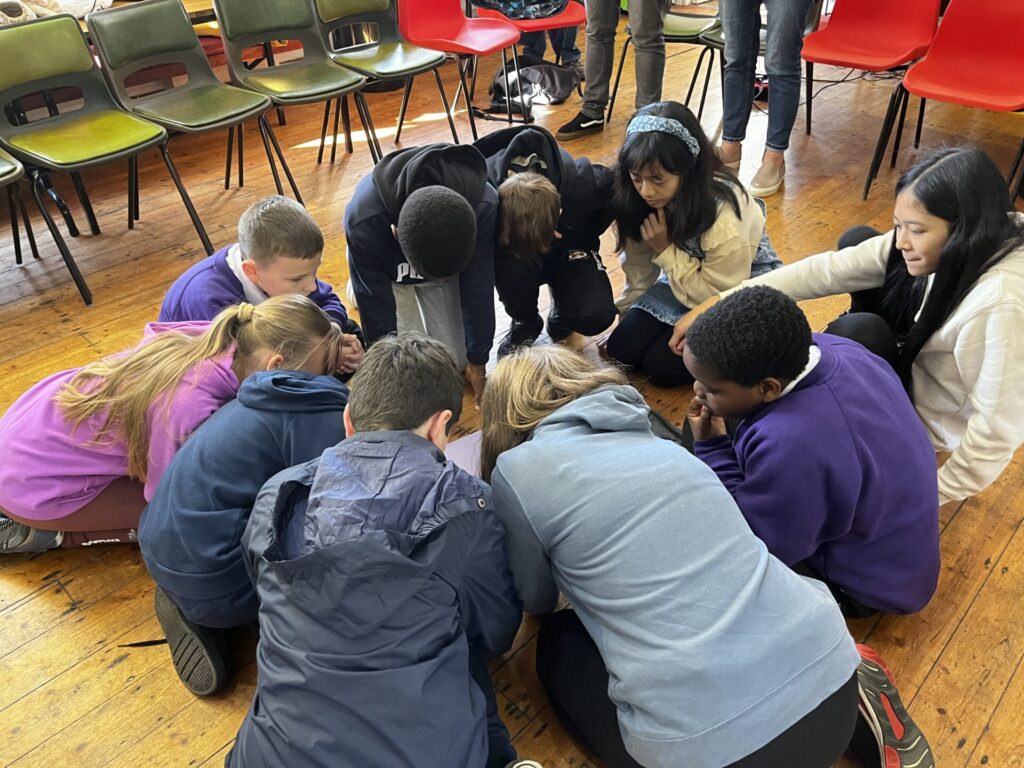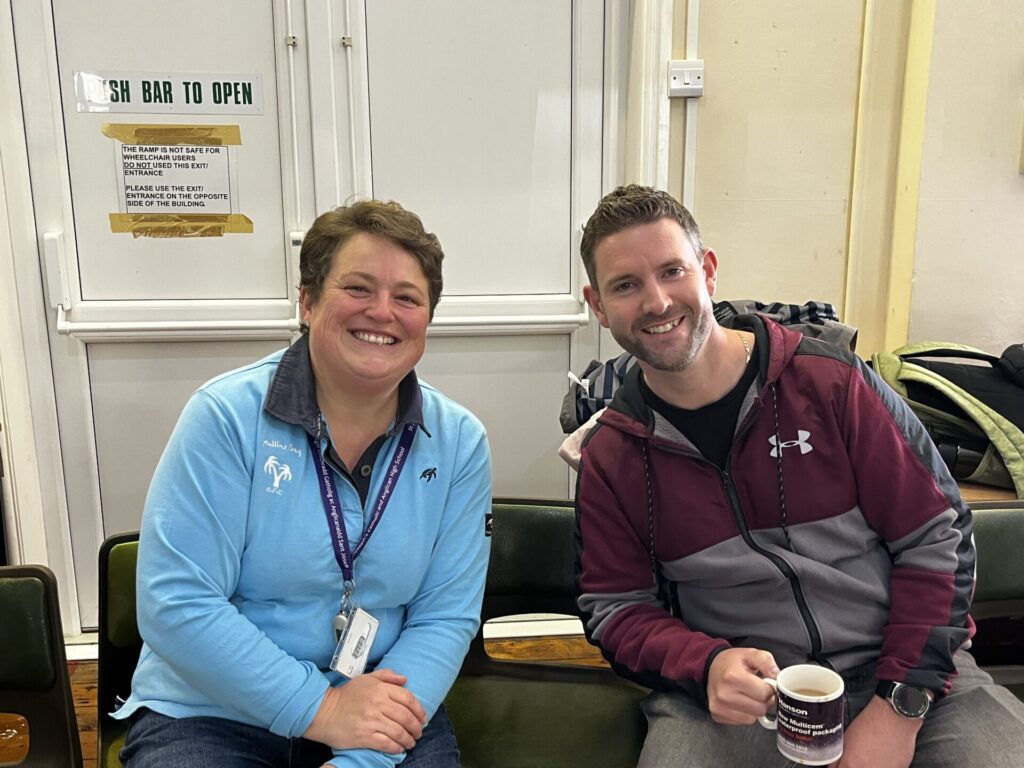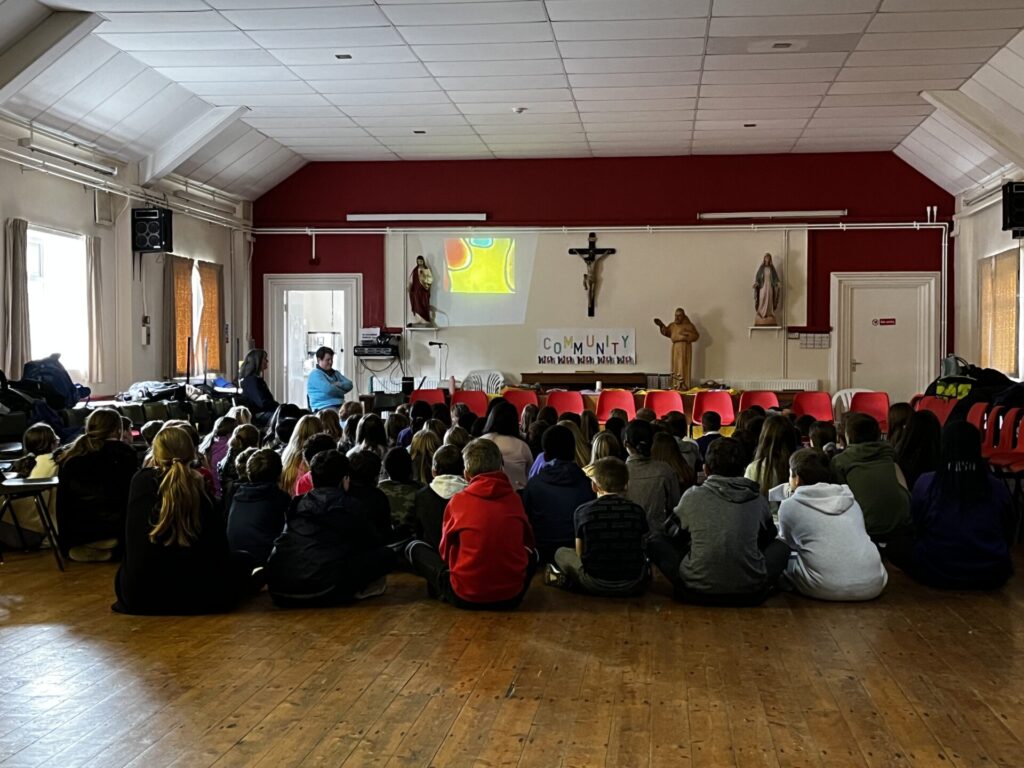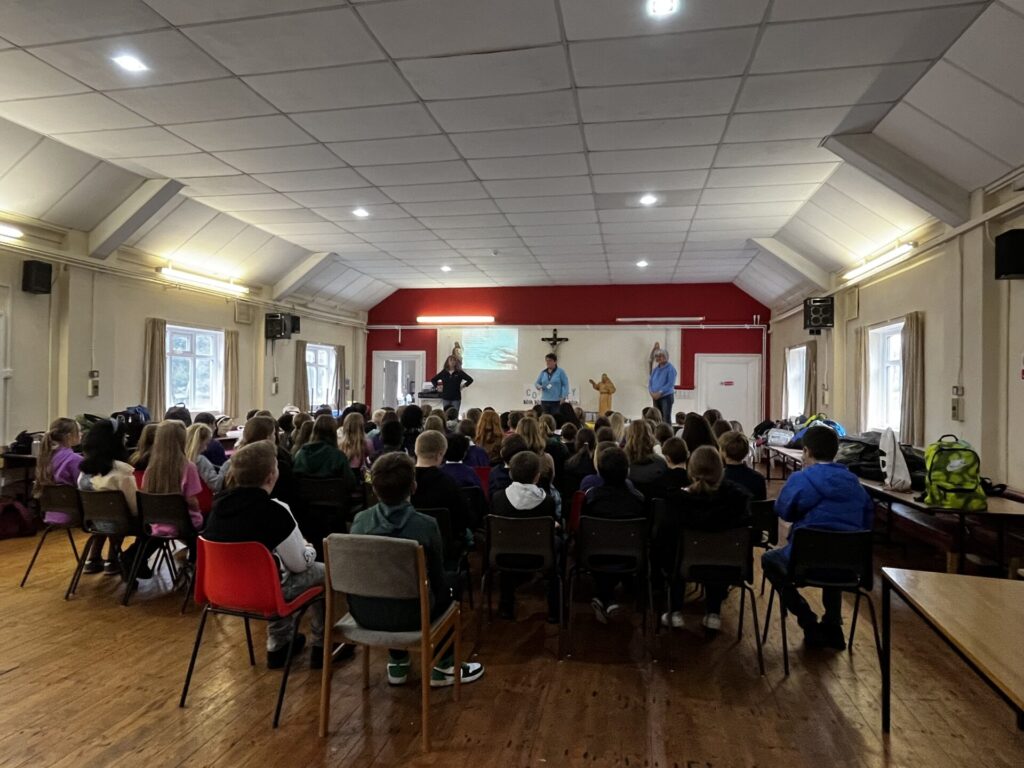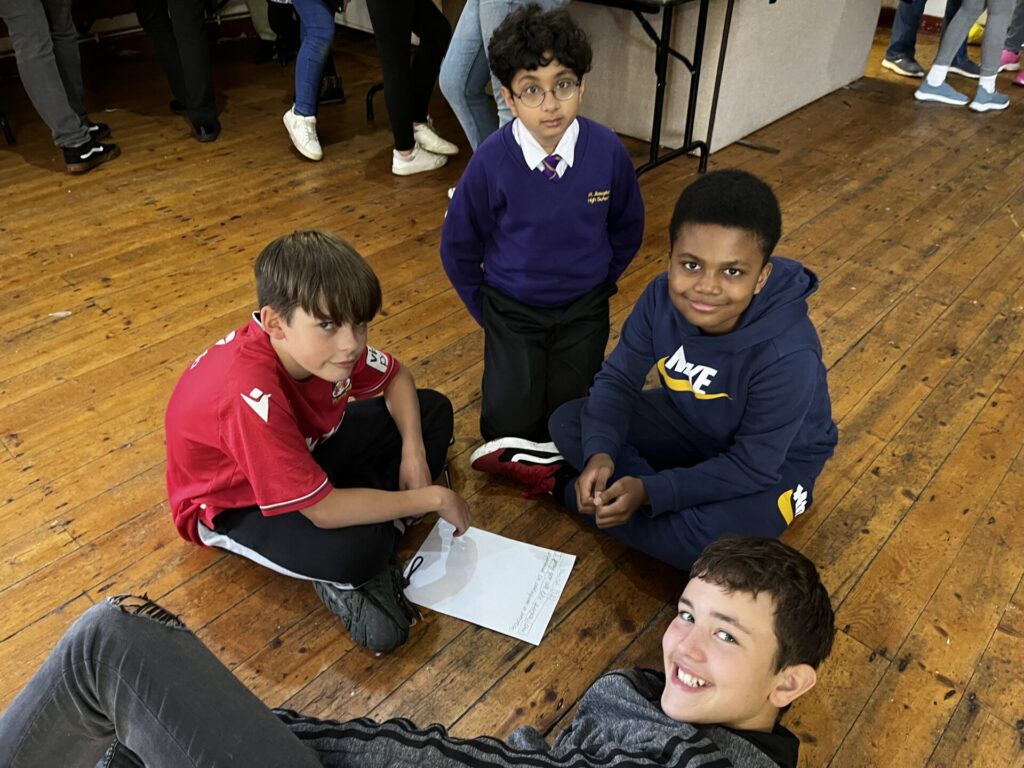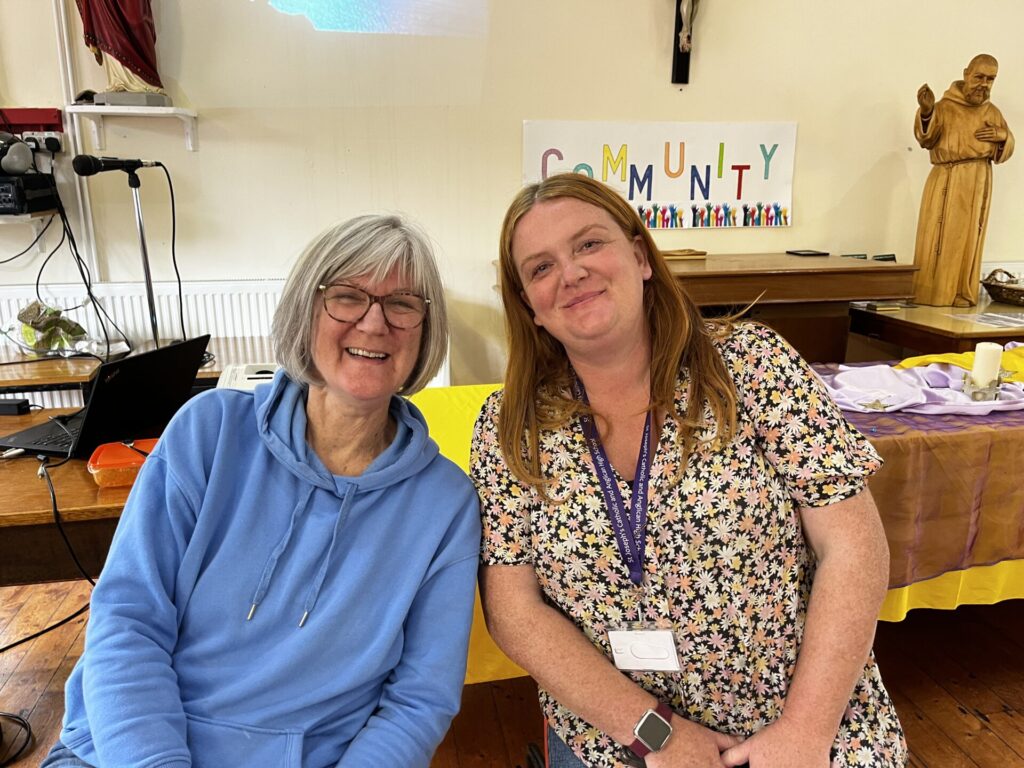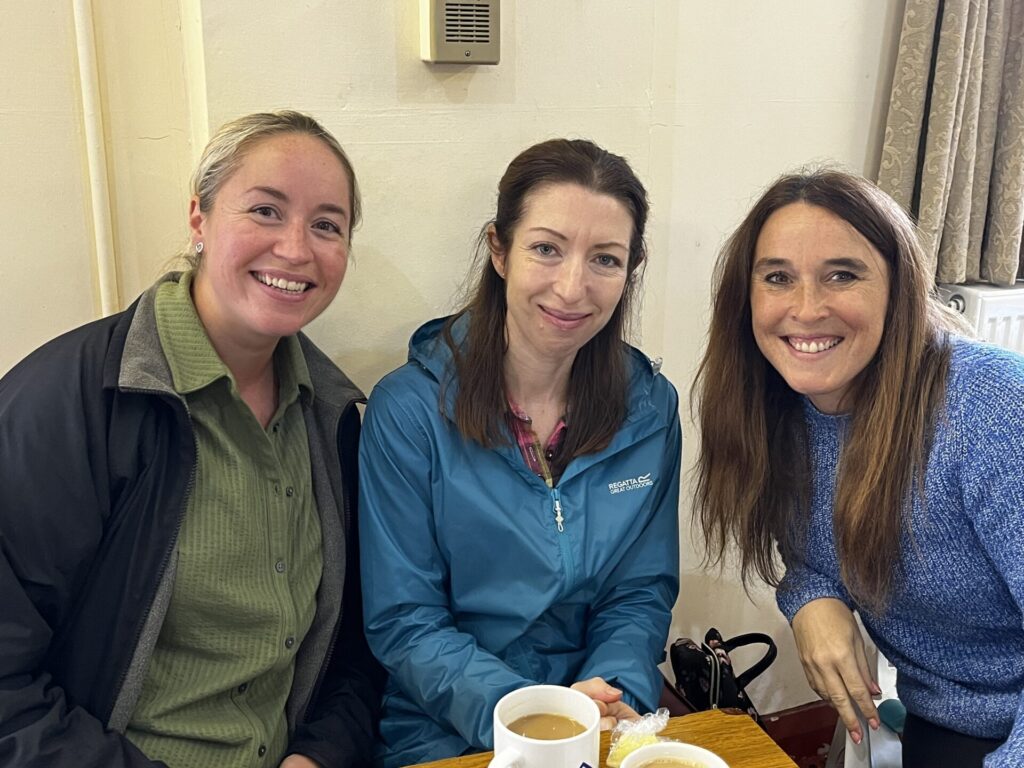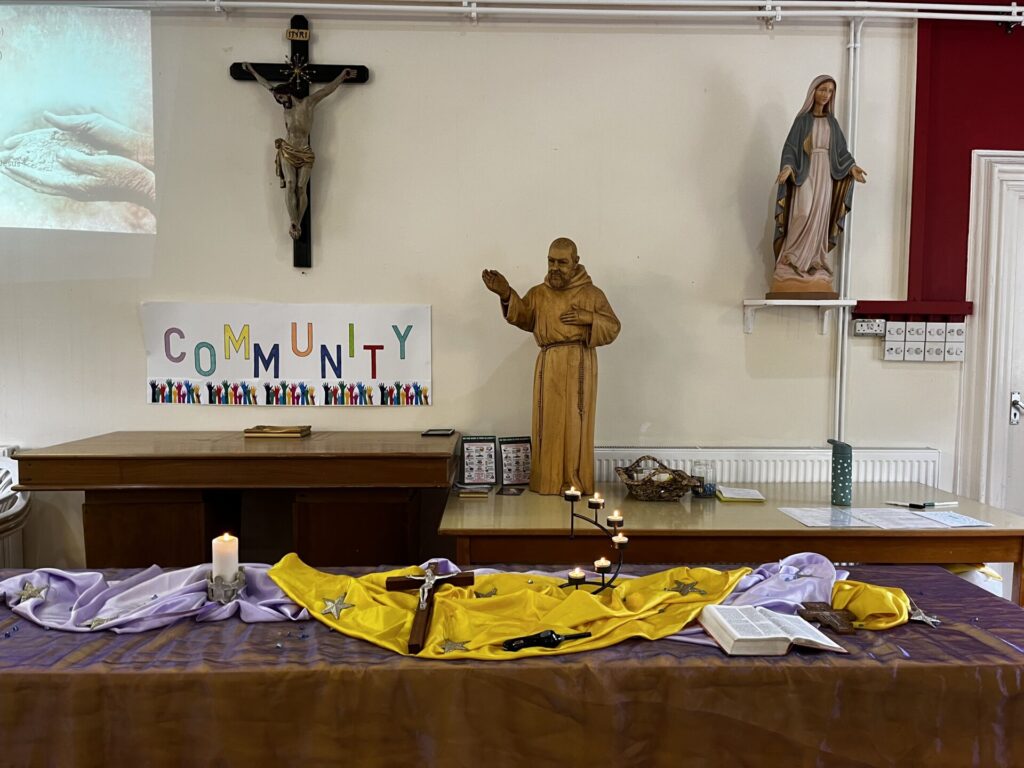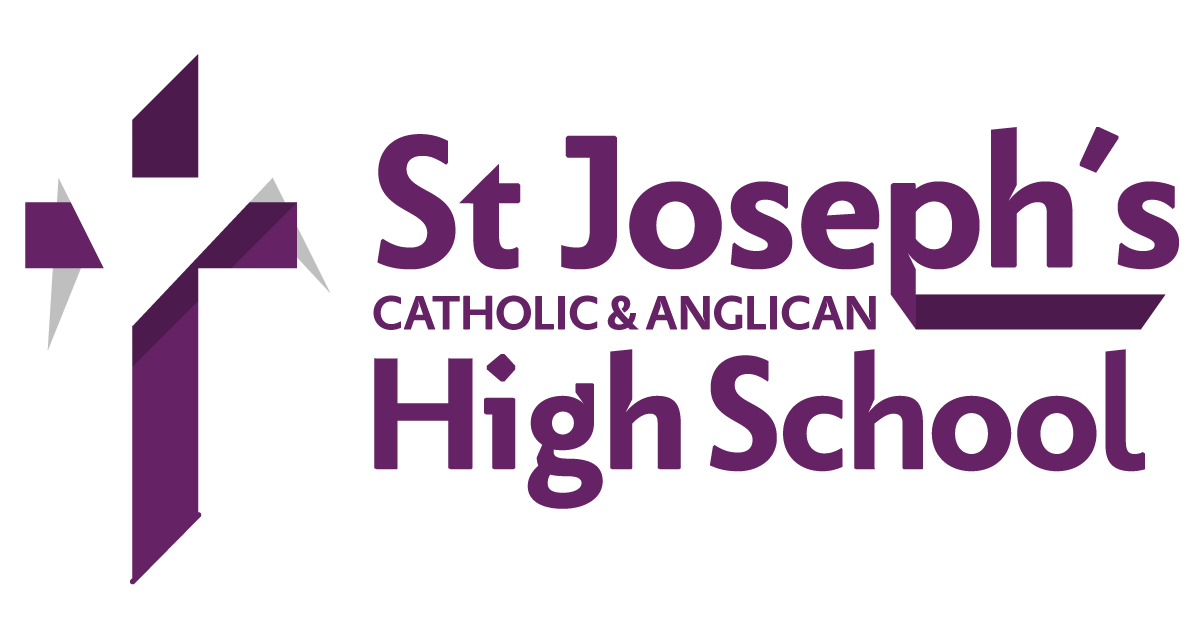Curriculum Leader:
- Mrs H Roe
Department Staff:
- Miss R Massey (Assistant Curriculum Leader)
- Mrs S James
- Mrs M Davies
About the subject
As a Catholic and Anglican school, our aim is that every child achieves their full potential as a person made in the image and likeness of God. Through the RE curriculum, we strive to support and develop the spiritual, moral, social, cultural, academic and creative aspect of each pupil, teaching them the knowledge, understanding and skills to enable them to reflect spiritually, think ethically and theologically, and recognise the demands of religious commitment in everyday life, so that all our young people will learn to be good citizens of the world, enriching their communities by making a positive contribution inspired by our Gospel Values.
In Religious Education pupils learn about and from religion and worldviews in local, national, and global contexts, to discover, explore and consider different answers to ethical and philosophical questions. They learn to weigh up the value of wisdom from different sources, to develop and express their insight in response, and to agree or disagree respectfully. Through teaching, pupils will be equipped with the knowledge and understanding of a range of religions and worldviews, enabling them to develop their ideas, values and identities so as to be able to participate positively in our society with all its diversity.
KS3 overview
The New Curriculum Directory is called ‘To know you more clearly’ and has been published by the CES. The New directory sets out the purpose of RE from Early Years Foundation Stage to Year 9 and features a programme of study with a model curriculum, corresponding to the six half-terms of the school year.
Topics covered include the relationship between faith and science; the problem of evil; nature of human freedom; rights of the unborn; plight of refugees and asylum seekers; war and peace.
There is also a focus on the beauty of the Church and its influence on culture through art, music, literature, science, and architecture, equipping young people to engage with the Church beyond intellectual remits, and approach the transcendent.
This is now taught to all of Key Stage 3 using the published text books ‘Source to Summit’ and ‘Spirit and Life’ following the set themes for each year group with interactive resources available to use with all classes.
KS4 overview
The Religious Studies GCSE, provides opportunities for students to follow a course that balances knowledge of core beliefs, teachings and practices of Catholic Christianity and Judaism, with an understanding of how they can be applied to philosophical and ethical themes. It provides opportunities for learners to engage with questions of belief, value, meaning, purpose, truth and their influence on human life; it challenges students to reflect on and develop their own values, beliefs and attitudes in the light of what they have learned and contribute to their preparation for adult life in a pluralistic and global community
Year 10: God, Creation, Morality and the Church. Jewish Beliefs about God, Sacred places, Practices and Worship. The Origin and Value of Human Life, Life after Death. Crime and Punishment, Forgiveness, Good, Evil and Suffering.
Year 11: The Bible, the Liturgical Year, Special Places. The Nature of the Church, the Role of Mary, Religious Life, Forms of Religious Expression. Relationships, Sexual Relationships, Prejudice and Discrimination. Human Rights and Social Justice, Prejudice and Discrimination, Issues of Poverty and Wealth.
Examinations:
Exam Board: WJEC
Unit 1: Religion and Philosophical Themes (2 Hours)
Unit 3: Catholic Christianity and Ethical Themes (2 Hours)
Assessment:
This specification is 100% examination. Pupils will sit two examinations in the Summer of Year 11
Trips:
Rome 2023
61 pupils and 6 members of staff spent four incredible days in the beautiful Eternal City of Rome in June 2023.
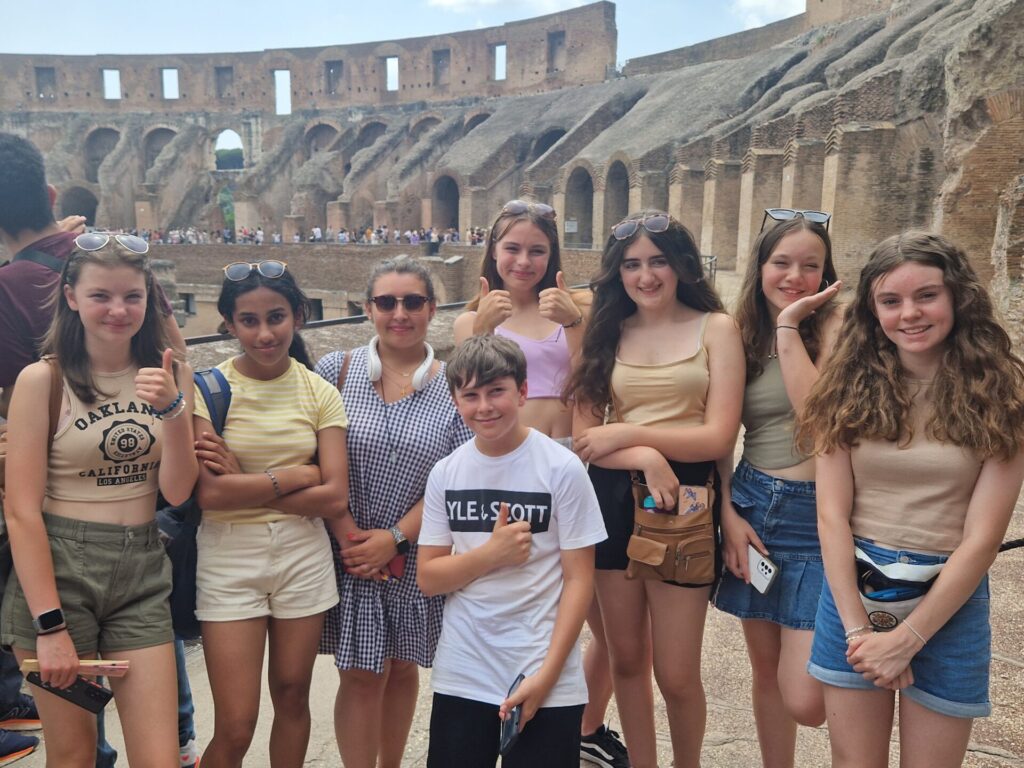
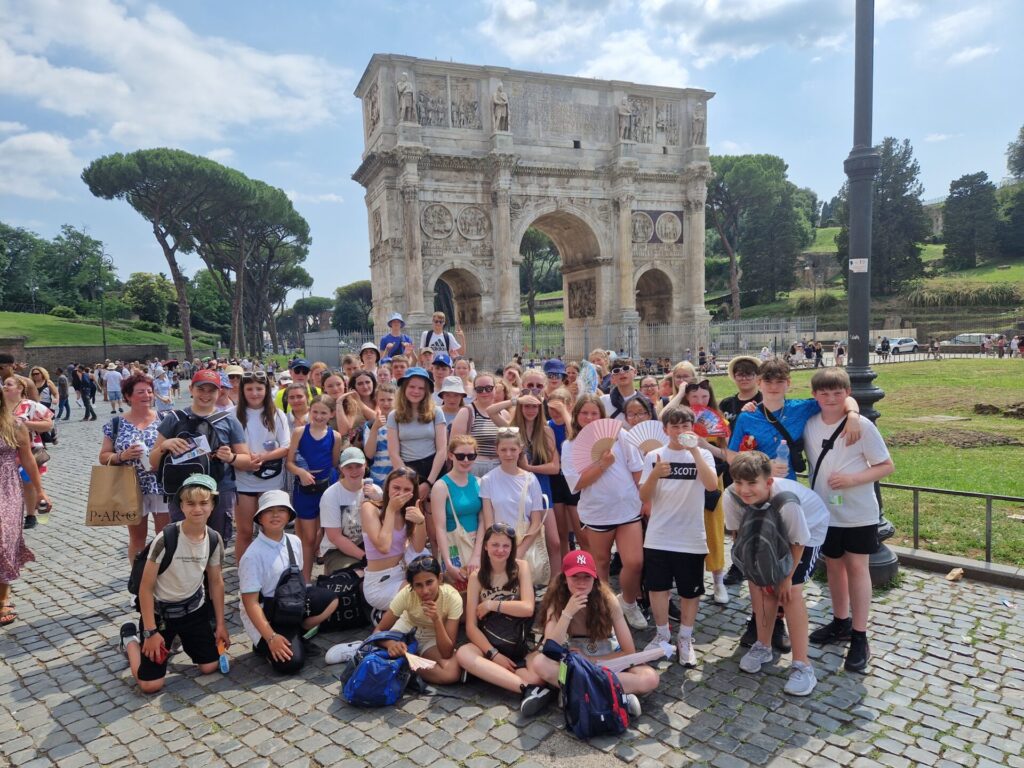
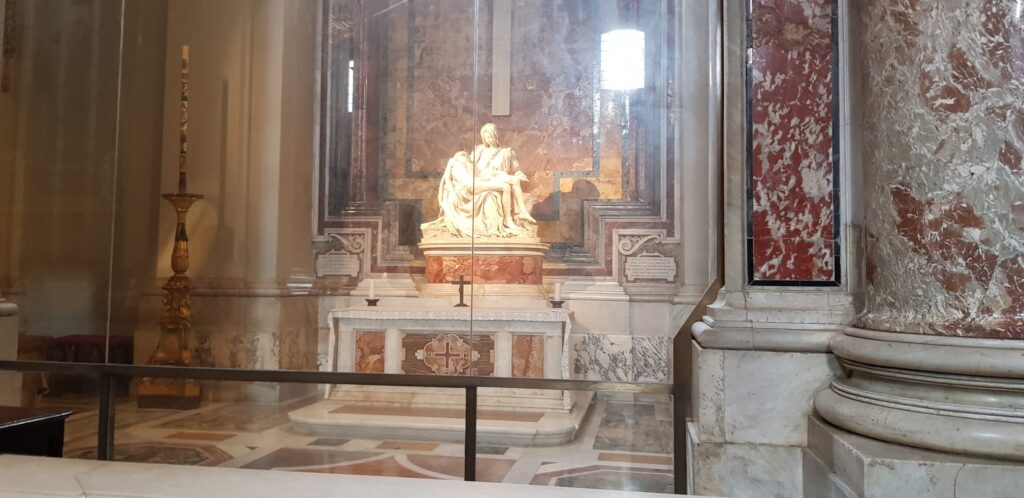
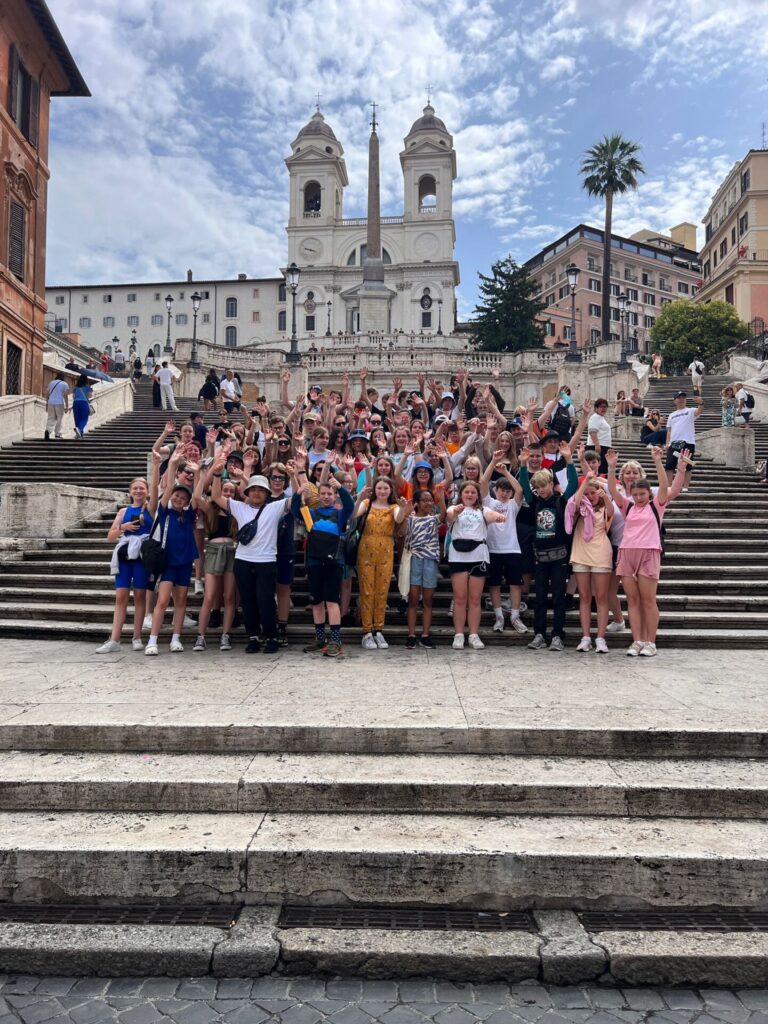
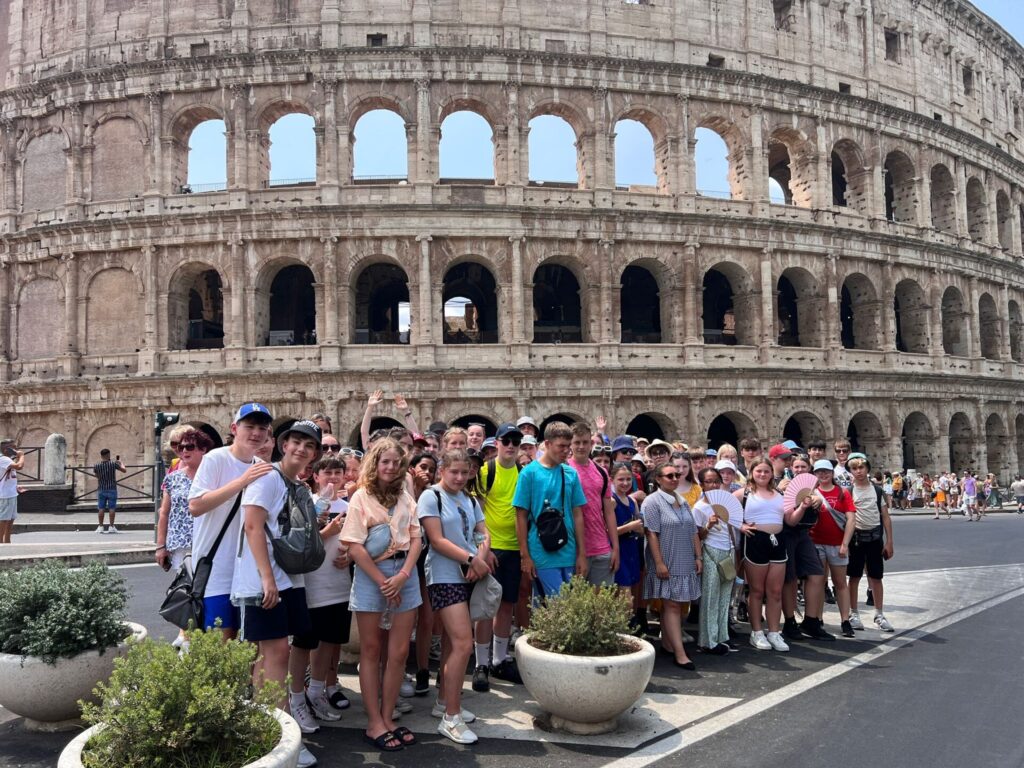
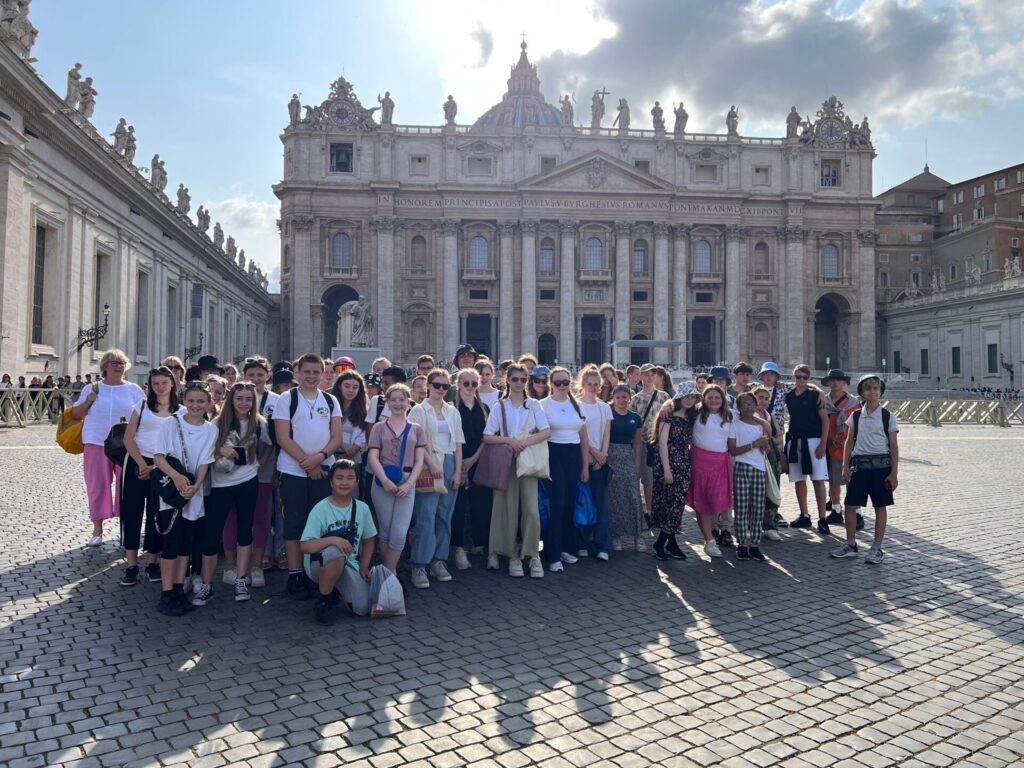
Year 7 Retreat Day at Pantasaph October 2023
